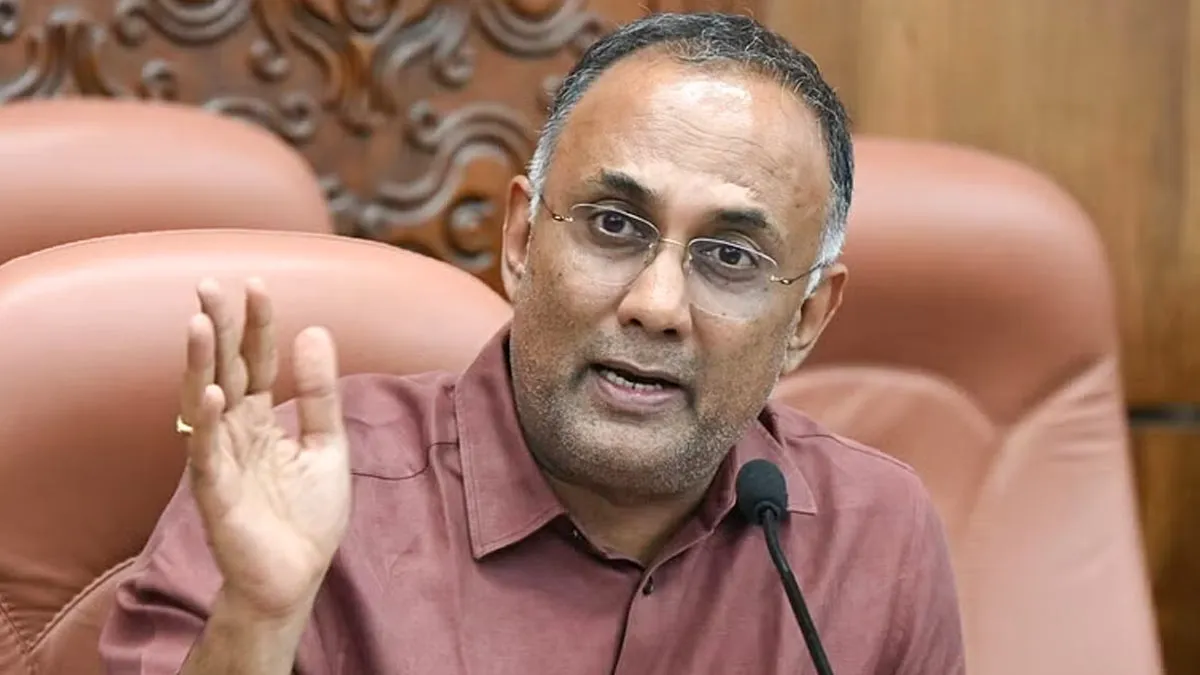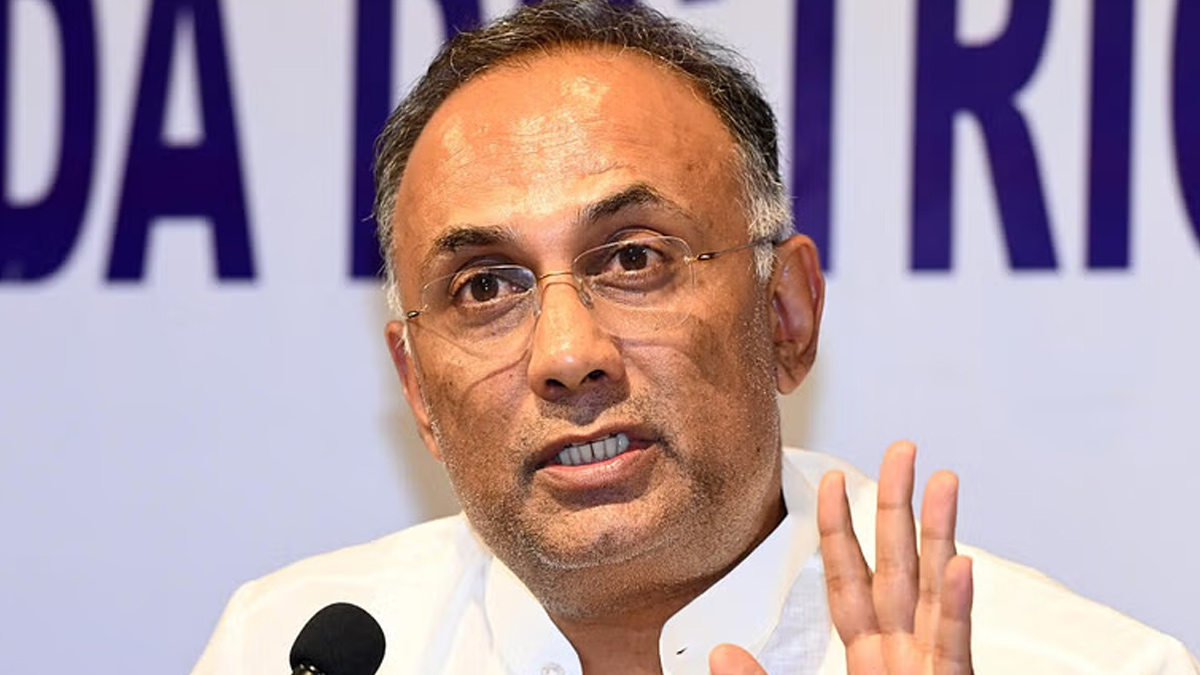
In a groundbreaking move, the Karnataka Health Department has implemented the Supreme Court’s directive on the “Right to Die with Dignity.” This historic decision makes Karnataka the first state in India to officially recognize and allow terminally ill patients the right to refuse life-sustaining treatments under specific guidelines. The order aims to provide relief to individuals suffering from irreversible medical conditions, granting them autonomy over their end-of-life care.
Table of Content:-
A Step Towards Compassionate Healthcare
The decision primarily benefits patients with terminal illnesses or those in a persistent vegetative state where medical intervention no longer improves their quality of life. The move is a significant step toward ensuring ethical and humane medical practices, aligning with global standards on end-of-life care.

To safeguard patients’ rights, the Karnataka Health Department has introduced the provision of an Advance Medical Directive (AMD), commonly known as a ‘living will.’ This document allows individuals to specify their medical treatment preferences in advance, ensuring their wishes are respected if they become incapable of making decisions later.
Supreme Court’s Ruling on the Right to Die with Dignity
The Karnataka government's decision follows a modified Supreme Court judgment in the 2018 case of Common Cause v. Union of India. In this landmark ruling, the Supreme Court interpreted Article 21 of the Constitution, which guarantees the Right to Life, to also include the Right to Die with Dignity.
Also Read: Ebola Outbreak In Uganda: Health Officials Set To Launch Urgent Vaccine Trial
The ruling established legal and ethical frameworks to guide the withdrawal of life-sustaining treatment (WLST) for terminally ill patients. It was a major step toward recognizing passive euthanasia, ensuring that individuals are not subjected to unnecessary medical interventions when there is no hope of recovery.
Key Guidelines for Implementing the Order
To ensure the ethical and lawful execution of the “Right to Die with Dignity” order, the Karnataka Health Department has introduced strict guidelines for the withdrawal of life-sustaining treatment (WLST):

Approval by the Treating Doctor
Before any decision regarding WLST is made, the treating doctor must determine that the patient’s condition is irreversible and that life-sustaining measures would only prolong suffering without any medical benefit.
Formation of Medical Boards
Hospitals are mandated to establish two medical boards to review each case:
- Primary Medical Board: Comprising three registered medical practitioners, responsible for evaluating the patient’s condition and making an initial recommendation.
- Secondary Medical Board: This board must also consist of three medical experts, including a practitioner nominated by the District Health Officer (DHO), who will review the decision made by the Primary Board to ensure fairness and adherence to ethical guidelines.
Court-Mandated Procedures
The entire process must follow the Supreme Court’s mandated legal procedures to prevent misuse and ensure that all actions are taken in the patient’s best interest.

The Role of Advance Medical Directive (AMD)
The introduction of Advance Medical Directives provides individuals with greater control over their healthcare decisions. With an AMD, patients can specify their wishes regarding life-sustaining treatments in advance, reducing the emotional and ethical burden on families and medical professionals. The AMD ensures:
- Patients receive treatment in line with their personal beliefs and values.
- Families are relieved from making difficult decisions in emotionally charged situations.
- Doctors have clear legal backing when following end-of-life care preferences.
Also Read: FDA Issues Bird Flu Alert: New Warning on Raw Pet Food Safety
Ethical and Legal Considerations
While the Karnataka Health Department’s implementation of the order is a progressive step, it also brings ethical and legal challenges. The issue of euthanasia remains controversial, with concerns about the potential for misuse or undue influence on vulnerable patients.
However, the establishment of strict legal safeguards, including medical board approvals and mandatory compliance with Supreme Court procedures, aims to minimize risks and ensure that the decision truly reflects the patient’s informed choice rather than external pressures.
Bottomline
The Karnataka government’s decision to uphold the Right to Die with Dignity is a significant milestone in India's healthcare and legal framework. It reflects a shift towards patient-centric healthcare, where individuals have the right to refuse unnecessary medical interventions when facing terminal conditions.
By ensuring proper safeguards, ethical practices, and legal oversight, Karnataka is paving the way for a more humane approach to end-of-life care, setting a precedent for other states to follow.
Also watch this video
How we keep this article up to date:
We work with experts and keep a close eye on the latest in health and wellness. Whenever there is a new research or helpful information, we update our articles with accurate and useful advice.
Current Version
